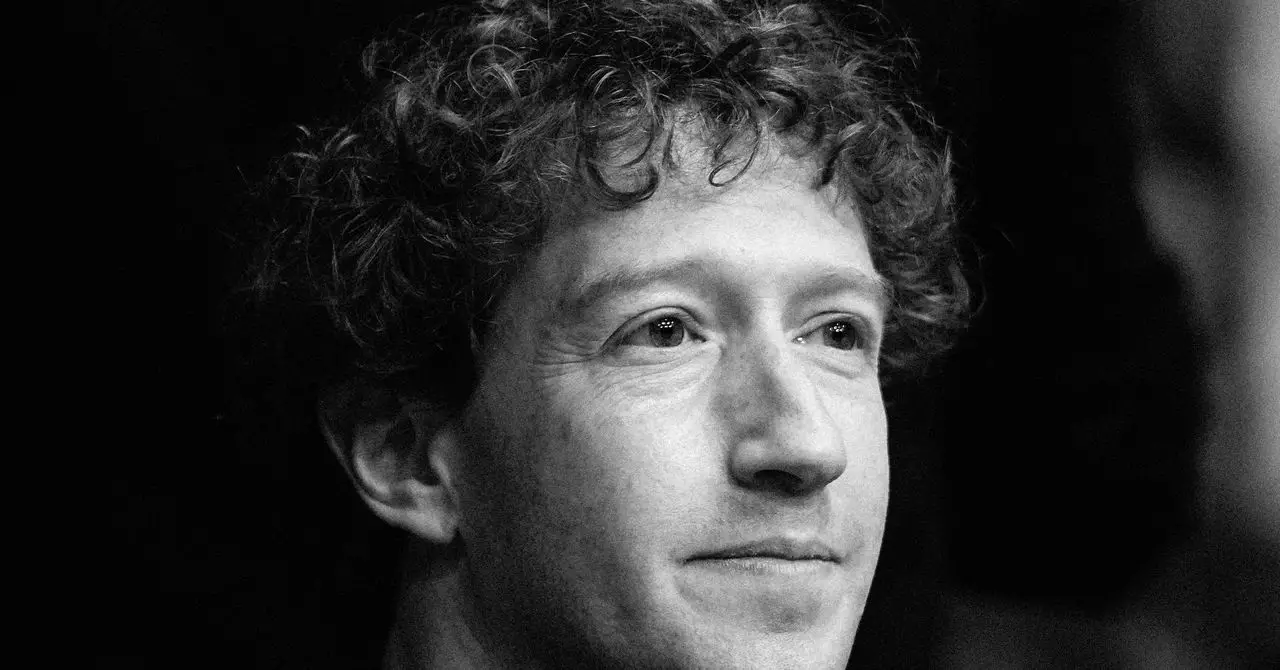The antitrust trial initiated by the U.S. Federal Trade Commission (FTC) against Meta is poised to be a watershed moment in the tech industry’s ongoing battle over monopoly practices. Set in the bustling heart of Washington, D.C., the trial marks a critical juncture as the government seeks to challenge Meta’s dominance by potentially forcing the company to divest Instagram and WhatsApp—two platforms that have become central components of its vast ecosystem. The stakes are astronomical, not just for Meta’s future, but for the very fabric of competition in the tech landscape.
The Backbone of the Allegations
At the crux of the FTC’s case is the assertion that Meta acquired Instagram in 2012 for about $1 billion and WhatsApp in 2014 for $22 billion not just for growth, but as preemptive moves to suppress competition. According to the FTC, internal communications suggest that Meta’s executives recognized vulnerabilities posed by emerging apps and decided that acquisition was a more expedient solution than innovation and competition. In essence, the FTC contends that these acquisitions were not merely corporate strategy but strategic maneuvers to stifle a nascent competitive landscape.
The allegations paint a picture of a technologically predatory environment wherein Meta leveraged its financial might to absorb burgeoning competitors, thereby limiting innovation and consumer choice. By defining the social media market narrowly, the FTC claims it can effectively demonstrate that Meta has maintained an illicit monopoly, relegating platforms like Snapchat to a minor status while largely ignoring contenders like TikTok and YouTube, which have flourished in broader market definitions.
Legal Implications of the Trial
Should the FTC succeed in its pursuit, Judge James Boasberg’s ruling could set powerful legal precedents that deter other tech giants from seeking similar acquisitions out of fear of government scrutiny and litigation. A successful outcome for the FTC could catalyze a transformation in how tech companies operate, reshaping the balance of power in the industry and redefining what constitutes monopolistic behavior.
As the trial unfolds over potentially up to 37 days, the implications stretch beyond the courtroom; they reach into the realms of venture capital and innovation. A ruling in favor of the FTC may stymie funding flows to startups, if investors conclude that their potential acquisitions could be quashed by antitrust challenges—effectively jeopardizing the ecosystem of innovation that startups thrive on.
The Counterarguments Presented by Meta
Meta’s defense posits a crucial narrative: by broadening the competitive landscape to include platforms like TikTok and YouTube, it contends that the FTC’s assertions of monopoly become tenuous. The tech giant insists that innovation flourishes in competition and accuses the FTC of adopting an overly simplistic view of the digital marketplace. By arguing that numerous alternative platforms vie for consumer attention, Meta attempts to dilute claims of monopoly.
Furthermore, Meta emphasizes the success and evolution of Instagram and WhatsApp under its management as evidence that the acquisitions have not hindered competition or consumer welfare—rather, they argue, the opposite occurred. This notion challenges the FTC’s assertion about diminished user experience post-acquisition and underscores a fundamental tenet in antitrust law: demonstrating tangible harm to consumers or advertisers is essential to substantiate claims of anti-competitive behavior.
The Cultural Ramifications
Beyond symbolism and legal interpretations, there’s a broader cultural narrative in play. The trial reinforces a growing skepticism towards big tech firms in a society increasingly sensitive to questions of data privacy and market fairness. Public sentiment has shifted, providing the FTC with a fertile ground for fostering narratives against monopolistic practices. As consumers demand greater accountability from tech giants, the outcome of this case may redefine consumer trust and shape the public’s relationship with technology.
Meta’s predicament encapsulates the tension between innovation and market control in our digital age. How this trial plays out could serve as a litmus test for the future trajectory of not only social media but a host of sectors influenced by tech monopolies.
As this legal saga unfolds, all eyes are on Washington and the profound implications it carries. With the trial’s scope reaching deep into the essence of competition and innovation, it remains to be seen whether the FTC can convincingly champion the cause of fairness against one of the most formidable entities in the tech universe. The future of social media, entrepreneurial ventures, and consumer choice hangs in the balance. The implications of this trial could echo for years—shaping how we interact with technology, how it’s regulated, and who ultimately controls the power found therein.

